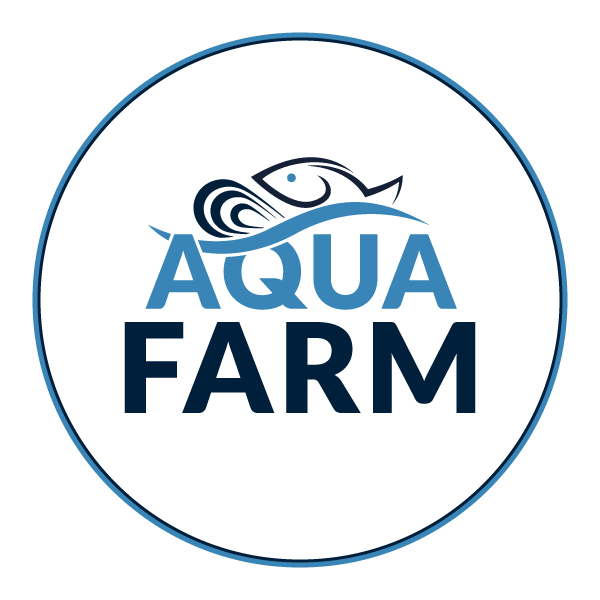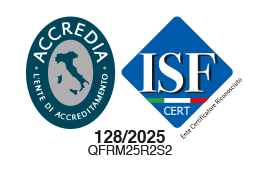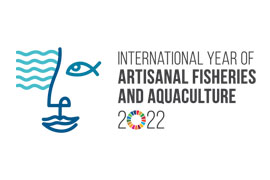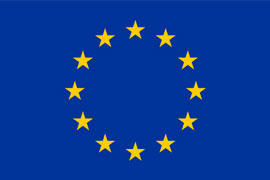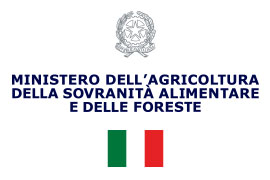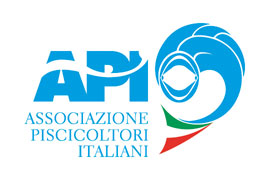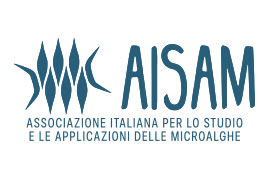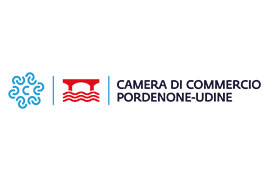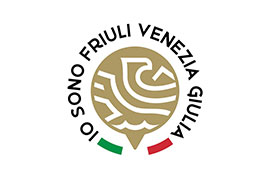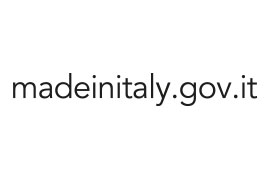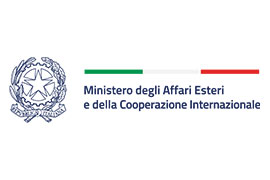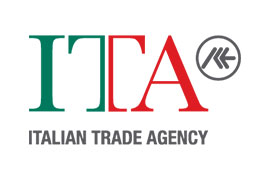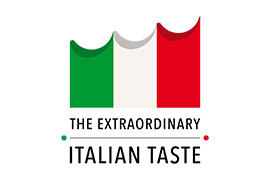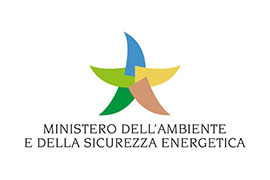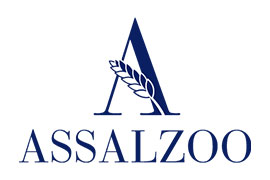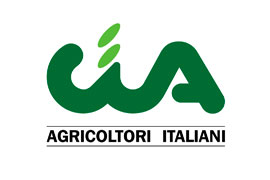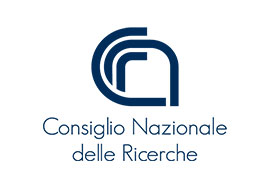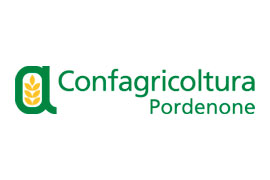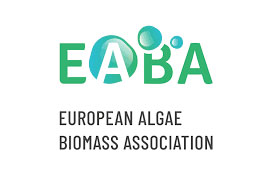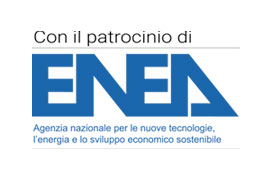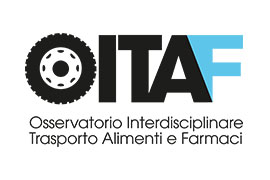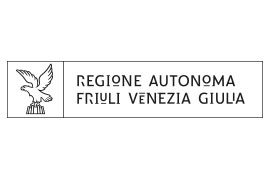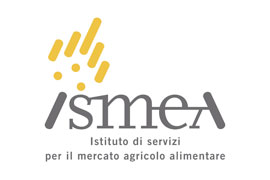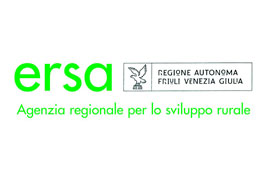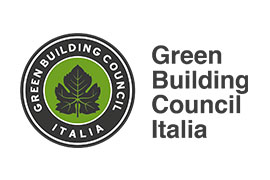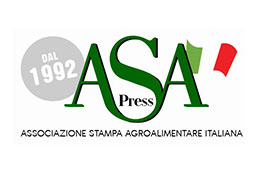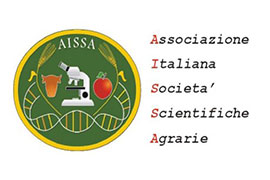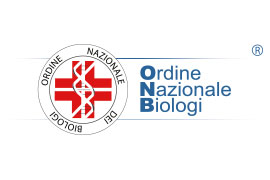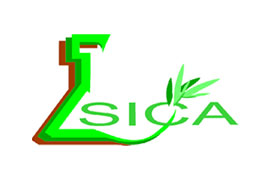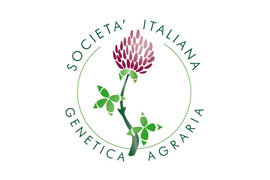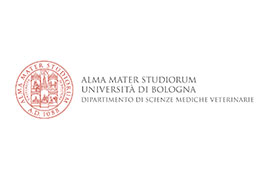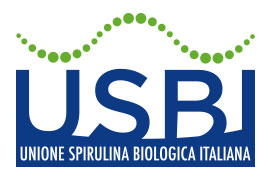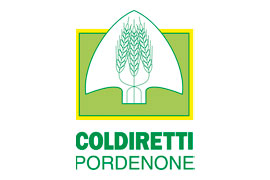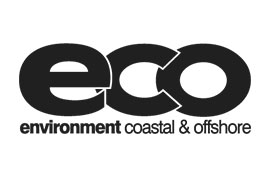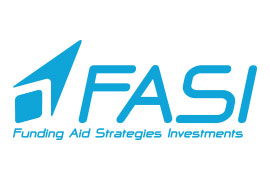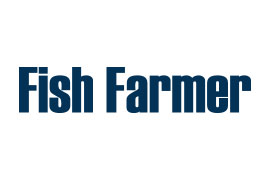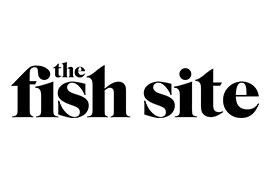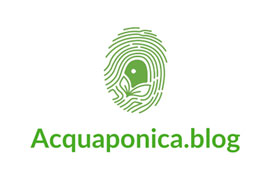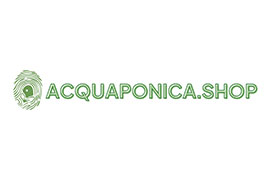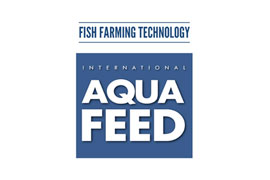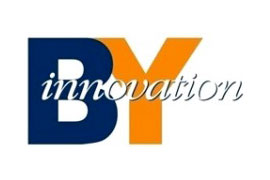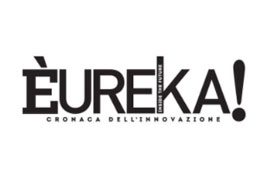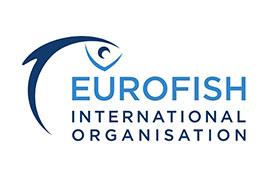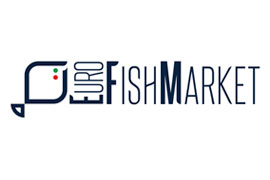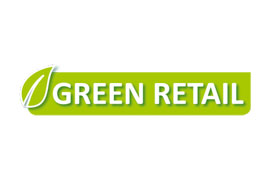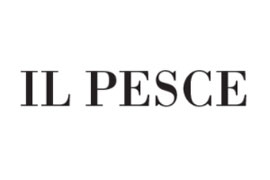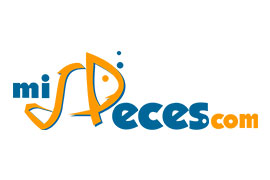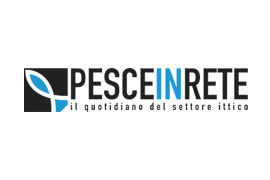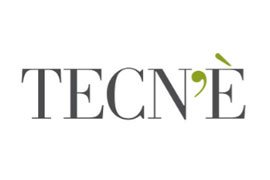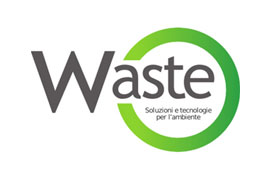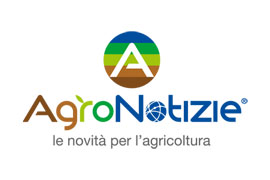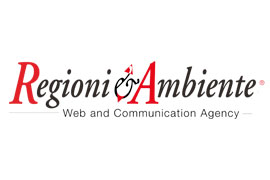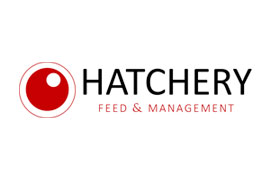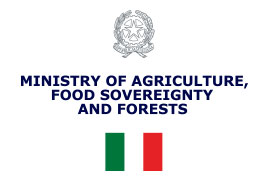Title: researcher
Association/Company: Dipartimento di Biomedicina Comparata ed Alimentazione (BCA) dell’Università di Padova
Biography:
Luca Peruzza è attualmente ricercatore a tempo determinato in Zoologia presso il Dipartimento di Biomedicina Comparata ed Alimentazione (BCA) dell’Università di Padova. Laureato in Biologia Marina, ha conseguito il Dottorato di Ricerca in eco-fisiologia nel 2018 presso il National Oceanography Center – University of Southampton (UK). Dopo il dottorato, ha svolto un periodo di ricerca post-doc presso il National Oceanography Center, collaborando all’interno di un progetto di ricerca internazionale con UK India e Bangladesh, volto al controllo delle principali malattie che affliggono l’acquacoltura di carpe e crostacei in questi paesi. Successivamente è stato assegnista di ricerca presso BCA (2020-2022) e, successivamente, ricercatore a tempo determinato di tipo A nel 2022. La sua attività di ricerca è focalizzata a comprendere i meccanismi eco-fisiologici che gli animali marini possiedono per contrastare gli effetti degli impatti antropici (con un focus sulle onde di calore) integrando approcci di fisiologia, biologia molecolare, genetica e genomica.
Speech session
Funded research projects
Speech
Innovation and resilience in mollusk farming: strategies to tackle the challenges of the 21st century
Abstract
Mollusk farming represents a crucial sector of aquaculture, capable of not only providing animal proteins to sustain human population needs but also delivering ecosystem services that bivalves can perform. However, mollusk farming is threatened by numerous human-induced issues, ranging from climate change to the emergence of pathogens, and the introduction of alien species such as the blue crab that prey on mollusks in farming areas. To mitigate the impacts of all these threats and, at the same time, promote mollusk farming and foster its development, we are testing several innovative methods ranging from priming (or “training”) to genetic selection, to obtain more resistant/resilient animals and thus safeguard this important aquaculture sector. This presentation aims to introduce the various ongoing projects in our research group, showing the set objectives, the methodologies used, and the impacts that these projects will have on the mollusk farming sector.


